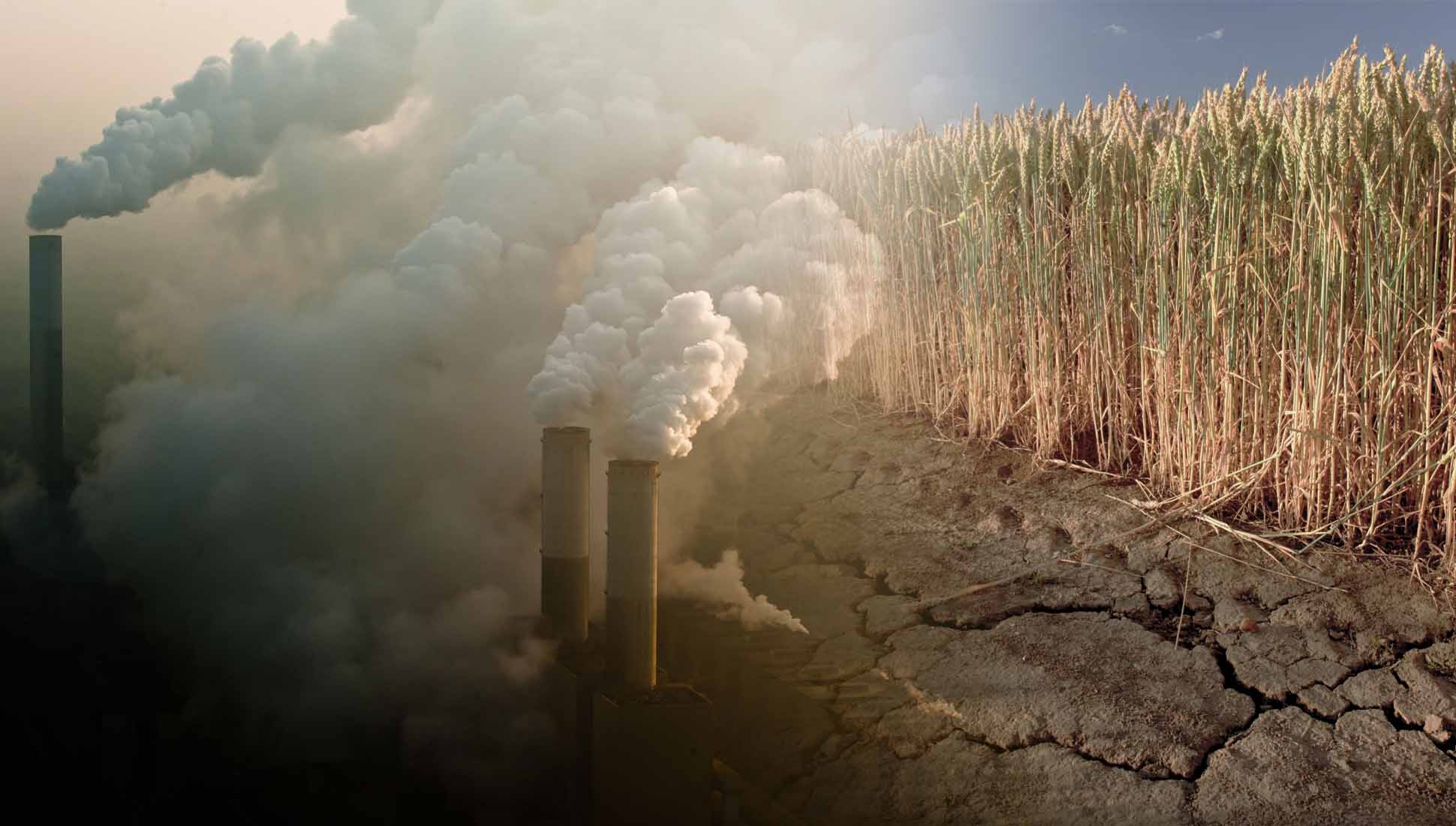
This conclusion was reached by experts of the international research group Climate Action Tracker. They believe that the measures taken by Kazakhstan are insufficient to achieve the goal of slowing the increase in temperature on Earth, reports World of NAN.
Recall that Kazakhstan signed the Paris Agreement, under which it committed to reduce carbon emissions. However, the current policy does not comply with the agreement. Kazakhstan's energy sector, which accounts for more than 80% of total greenhouse gas emissions, is to blame. Almost 70% of electricity in Kazakhstan is produced by burning coal, and gasification is underway.
What are the risks of such short-sighted policies?
Burning fossil fuels leads to carbon emissions, which result from the release of carbon dioxide (CO2) and other greenhouse gases into the atmosphere. These emissions are a major cause of global warming and climate change. Increasing concentrations of greenhouse gases in the atmosphere lead to an increase in the Earth's average temperature, and this leads to a number of environmental and social problems: extreme weather events, degradation of ecosystems, reduced crop yields, and negative impacts on human health.
Farmers will be the first to suffer!
Naturally unstable weather events will primarily affect farmers. In recent years it is most noticeable: drought in 2021-2023 in some regions, heavy rains during harvesting in 2023, etc. And the situation, according to experts, will only worsen every year. Naturally, the problems of farmers will lead to an increase in the cost of agricultural products and will cause significant damage to food security. Thus, the World Bank predicts that without effective measures to combat climate change, Kazakhstan may face a significant economic recession, increased poverty and decline in real wages by 2050.
Does solving one problem create another?
The goal of reducing carbon emissions is clear. And it would seem that Kazakhstan can simply reduce the energy sector's reliance on burning coal. However, this is where a new problem manifests itself: energy scarcity. According to KEGOC's forecast, the deficit of electric power capacity per year averages 1.5 GW. At the same time, the deficit will double by 2029. Therefore, phasing out coal combustion is against the country's interests.
But as we can see, inaction will lead to an even bigger crisis in the future. Therefore, the government of Kazakhstan should find new sources of energy and significantly revise its carbon policy. Naturally, this requires a multi-level strategy: building new sources of electricity, reducing electricity consumption, gradually reducing carbon emissions in different sectors of the economy and raising the awareness of citizens on this complex issue.
Смотрите больше интересных агроновостей Казахстана на нашем канале telegram,
узнавайте о важных событиях в facebook и подписывайтесь на youtube канал и instagram.









































Обсуждение